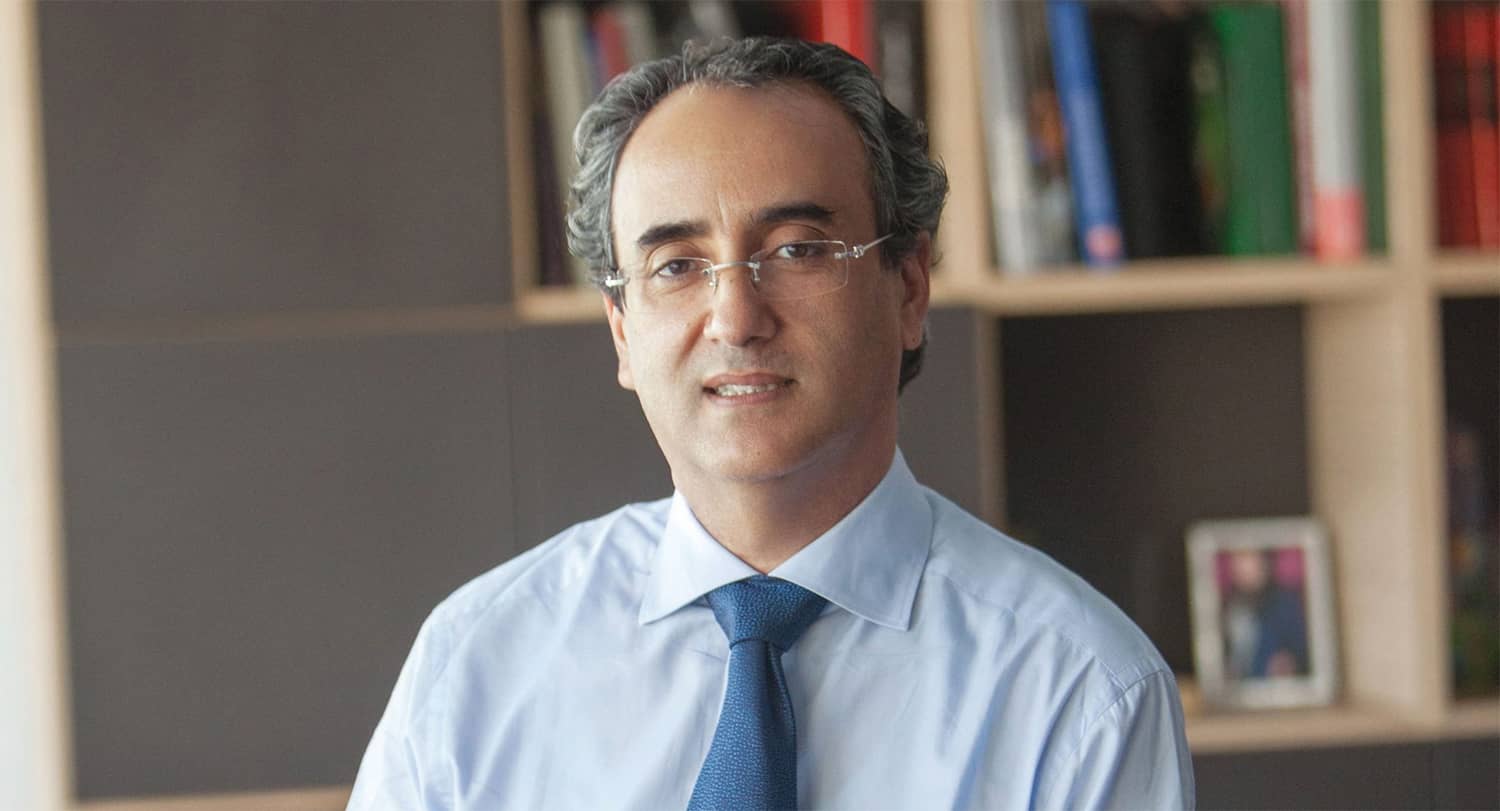As we approach the two-year anniversary of the signing of the Abraham Accords, their importance has only grown. The accords—the culmination of a process of peace and reconciliation between Israel and four Arab countries—opened the doors to trade and tourism, as well as scientific and diplomatic cooperation.
Two catalysts drove the peace process, the shared Arab–Israeli desire for progress and prosperity and Iran’s catastrophic policies—from building long-range missiles that could carry nuclear warheads to sponsoring terrorist strikes against Arab oil fields—that created real security anxiety among the Gulf Arab countries. The US played an important mediating role in achieving these accords, but they are grounded in the shared interests of Israel and Arab countries in regional prosperity and long-term security.
The far-sighted leaders on all sides saw the need for economic growth (homes and jobs for their peoples) and the urgent need for new infrastructure investment to move water, oil, and people. Arab leaders also understood the need to diversify their economies to reduce their dependence on hydrocarbons. On these two points Israel is part of the solution because the Hebrew state develops and deploys advanced technologies. In terms of water and food security, Israel is the world leader in drip irrigation, the use and recycling of wastewater (90% of it treated and reused), the recovery of rainwater, and water generators that extract moisture from the air. Long before the Abraham Accords, contacts between Israeli entrepreneurs and several Arab countries were ongoing. The convergence of interests was self-evident.
To integrate Israel into the region, the Abraham Accords must be expanded. Everyone agrees that if Saudi Arabia takes the plunge and publicly normalizes relations with Israel, other countries will follow.
This dynamic of normalization launched by the Abraham Accords could take Israel beyond coexistence and make it a full partner for regional security and economic growth. It is in the interests of Israel and the US to achieve this goal.
The question of the Palestinians remains an obstacle to this positive momentum. Should we ignore them? Can we build a regional peace without the Palestinians? The answer is no . . . Hamas, Iran, and extremists on both sides are using and will continue to use the Palestinian issue as a weapon of division, a wedge pounded into the gears of progress.
Thus, it is in Israel’s interest to extend the Abraham Accords to the Palestinians by increasing trade, providing visas for scholars and pilgrims, and improving living conditions through investment and other means. Key areas for investment include roads, schools, hospitals, and water pipelines to strengthen the interconnections between Israel and the Palestinian territories.
Israel could provide solutions to this, but Israel could also make it easier for the Saudis to invest in the water infrastructure in the West Bank, which would bring the Saudis back to working directly and more openly with Israel. The impact would be huge.
This is the best way to bring out a new Palestinian elite that projects itself into a future of cooperation, not the failed past of systematic rejection of Israel. Equally important, fully embracing the Palestinians would make it easier for other countries to start down on the path to peace with Israel.
The Israeli far right and Palestinian radicals, who feed on each other, are doing everything they can to sabotage this effort. They only offer the wrecking ball, not the mason’s trowel to build a new future.
The two peoples, Arabs and Jews, will indeed find a political solution, thanks to their genius, when personal connections go beyond borders, when prejudices give way to knowledge of the other and consideration of their needs. That is how true peace is won.
It is deeply in America’s interest to do everything in its power to promote the Abraham Accords so that they both deepen the scope of cooperation among countries in the region and broaden the benefits beyond those who are currently participating.
The next elections in Israel hold this hopeful future in the balance. Either Israel will continue its historic integration into the economies and hearts of its Near East neighbors, or it will fall back into the stupor of 70 years of animosity. Hundreds of millions of human beings aspire to peace and prosperity, and the trajectory of their lives will be determined by Israel’s parliamentary contest.
The Israeli people have an enormous responsibility to elevate the course of history. Wisdom, tolerance, and acceptance of the other is needed. I am confident that the people of Israel, especially the young, for whom the future is wide open, will embrace this opportunity on November 1st.

